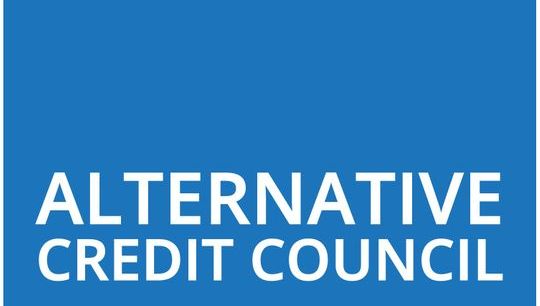European Long Term Investment Funds (ELTIFs)
Overview:
The European Long-Term Investment Fund (ELTIF) Regulation was established in 2015 to foster greater debt and equity investments in non-listed European businesses, helping to address the SME finance gap and support the EU’s broader Capital Markets Union (CMU) goals. The regulation provides a harmonized framework to attract long-term investments from institutional and retail investors into sustainable projects, infrastructure, and smaller companies that contribute to the EU’s economic growth.
The updated ELTIF Regulation (ELTIF 2.0) was adopted by the European Parliament and the Council in 2023 and entered into force in January 2024. The reforms aim to enhance the ELTIF framework’s appeal by introducing greater flexibility, increasing investment options, and simplifying requirements to align with market needs while maintaining robust investor protections.
Key Features of the Revised ELTIF Regulation:
- Expanded Eligible Assets and Investments:
- ELTIFs can now invest in a broader range of assets, including securitisations beyond Simple, Transparent, and Standardised (STS) securitisations.
- The regulation permits fund-of-fund structures with fewer restrictions, improving diversification options.
- Open-Ended ELTIFs:
- ELTIFs are no longer required to be closed-ended, enabling the development of ‘evergreen’ structures with robust liquidity risk management.
- Borrowing Flexibility:
- Loan-focused ELTIFs can use borrowing more flexibly, harmonising them with other ELTIF types and enhancing their capacity to extend credit.
- Liquidity Management and Redemption Options:
- The introduction of flexible redemption policies and liquidity management tools (LMTs) ensures investor confidence while accommodating varied liquidity needs.
- Grandfathering Conditions:
- ELTIFs established under the previous framework are provided appropriate transition measures to adapt to the new regime.
Recent Developments:
ELTIF RTS Enter into Force
On 25 October 2024, the Regulatory Technical Standards (RTS) for the revised ELTIF Regulation were published in the Official Journal of the EU. These standards bolster the Level 1 legislation, introducing more operational clarity and flexibility. Key provisions include:
- Use of Derivatives: Permitted for hedging purposes under economically justified conditions to mitigate risks.
- Minimum Holding Periods (MHP): While not mandatory, ELTIF managers opting for MHPs must consider asset liquidity profiles, investment policies, and investor bases.
- Competent Authority Disclosures: Requirements for detailed information on redemption policies, liquidity stress tests, and the activation of LMTs.
- Redemption Policies: Criteria-based calibration of redeemable asset percentages.
- Liquidity Management Tools: Mandatory adoption of at least one anti-dilution tool such as swing pricing or redemption fees.
- Cost Disclosures: Standardised definitions and formats for transparency and investor clarity.
The full ACC summary of these rules is available here.
Next Steps: With the RTS now in effect, stakeholders, including fund managers and investors, are expected to align their operations with the revised ELTIF framework. The ACC and AIMA remain engaged with EU policymakers and regulators to support smooth implementation and monitor ongoing developments to address emerging challenges and opportunities.
(Last updated: December 2024)























